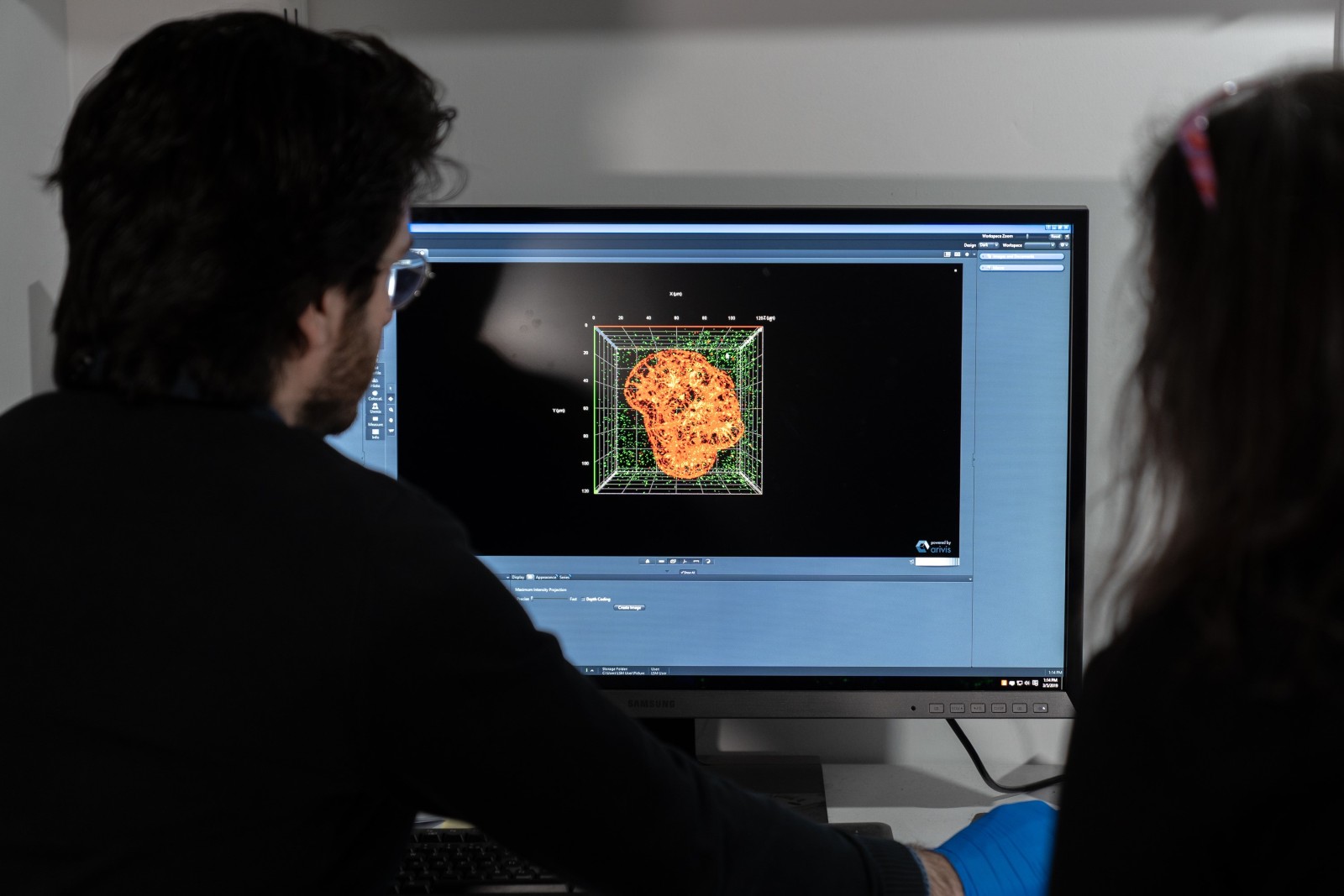Israel-US team find drug that can stop Covid-19 in its tracks
Researchers show coronavirus causes lungs to accumulate fat, so cholesterol-lowering drug may help downgrade virus threat to that of common cold.

Could a well-known cholesterol-lowering drug help treat Covid-19? A research team led by Hebrew University of Jerusalem Prof. Yaakov Nahmias says that early research looks promising.
Over the last three-months, Nahmias and Dr. Benjamin tenOever at New York’s Mount Sinai Medical Center have focused on the ways in which the SARS-CoV-2 (the coronavirus that’s causing our current pandemic) changes patients’ lungs in order to reproduce itself.
Their major finding is that this virus prevents the routine burning of carbohydrates. As a result, large amounts of fat accumulate inside lung cells, and this enables the virus to reproduce.
This new understanding of SARS CoV-2 may help explain why patients with high blood sugar and cholesterol levels are often at a particularly high risk to develop Covid-19.

With this information in hand, Nahmias and tenOever began to screen FDA-approved medications that interfere with the virus’ ability to reproduce. In lab studies, the cholesterol-lowering drug Fenofibrate (Tricor) showed extremely promising results.
By allowing lung cells to burn more fat, fenofibrate broke the virus’ grip on these cells. Within five days of treatment, the virus almost completely disappeared, the researchers report in this week’s Cell Press’ Sneak Peak.
“With second-wave infections spiking in countries across the globe, these findings couldn’t come at a better time,” said Nahmias. “If our findings are borne out by clinical studies, this course of treatment could potentially downgrade Covid-19’s severity into nothing worse than a common cold.”


